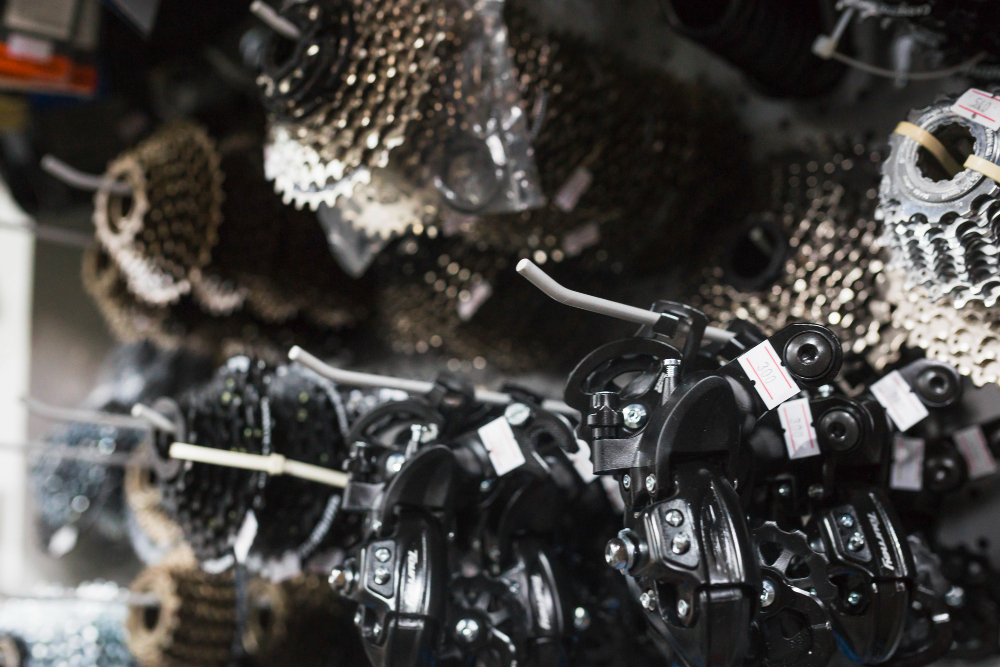Did you know valves are essential in industries managing water, oil or gas? That means proper maintenance is crucial to ensure they operate effectively and have a longer lifespan. However, neglecting these gear-operated valve maintenance can result in costly, undesirable and potentially hazardous consequences.
Regular inspections and predictive maintenance are essential to prevent undesirable outcomes and ensure gear-operated or multi-turn valves remain in optimal condition.
In this blog we will outline the key aspects to inspect when maintaining your valves.
Understanding The Valve System
Valve systems like multi-turn valves and gear-operated valves have different components that need regular maintenance.
Key parts include the valve stem, seals, and springs. The valve stem facilitates opening and closing, seals prevent leakage, and springs supply the force required for operation. Understanding these components helps pinpoint maintenance needs and ensures seamless valve functionality.
The Importance of Regular Valve Maintenance
Regular maintenance is essential for ensuring valve systems’ optimal performance and longevity. Ignoring regular checkups and inspections can lead to leaks, reduced efficiency, and expensive breakdowns.
Moreover, periodic maintenance allows you to spot potential issues early, minimizing the risk of unexpected downtime and enhancing the lifespan of your valve systems. With a maintenance program and proper installation, you can ensure your industrial valves remain in optimal condition.
Key Factors to Inspect in your Valve Systems
To keep the different types of valves up and running in optimal conditions, it’s time you perform these essential checks:
Leaks
First and foremost, inspect valve joints, connections, and seals for any signs of leakage, as even the smallest drop can signal an issue that requires prompt attention. Keep in mind that a leaking valve can lead to resource waste, decreased efficiency, and unhappy customers.
Corrosion
Corrosion can reduce the lifespan of valves. So, carefully inspect your valves for any signs of rust, pitting, or wear. Corroded valves can not only compromise performance but also create safety hazards.
If you spot corrosion on multi-turn valves, take necessary steps immediately to prevent any damage and protect the valves.
Mineral Deposits
Since some valves carry fluids, chances are they can accumulate mineral deposits, particularly in areas with hard water. These deposits can clog valves, hindering fluid flow and decreasing their efficiency.
Inspect valve openings, seats, and internal components for any crusty or scaly build-up. Regularly clearing these deposits will help maintain smooth operation, prevent blockages, and reduce the risk of system failures.
However, if you see a lot of mineral build, it’s time to order valves from Viral Industries, a multi-turn gearbox manufacturer.

